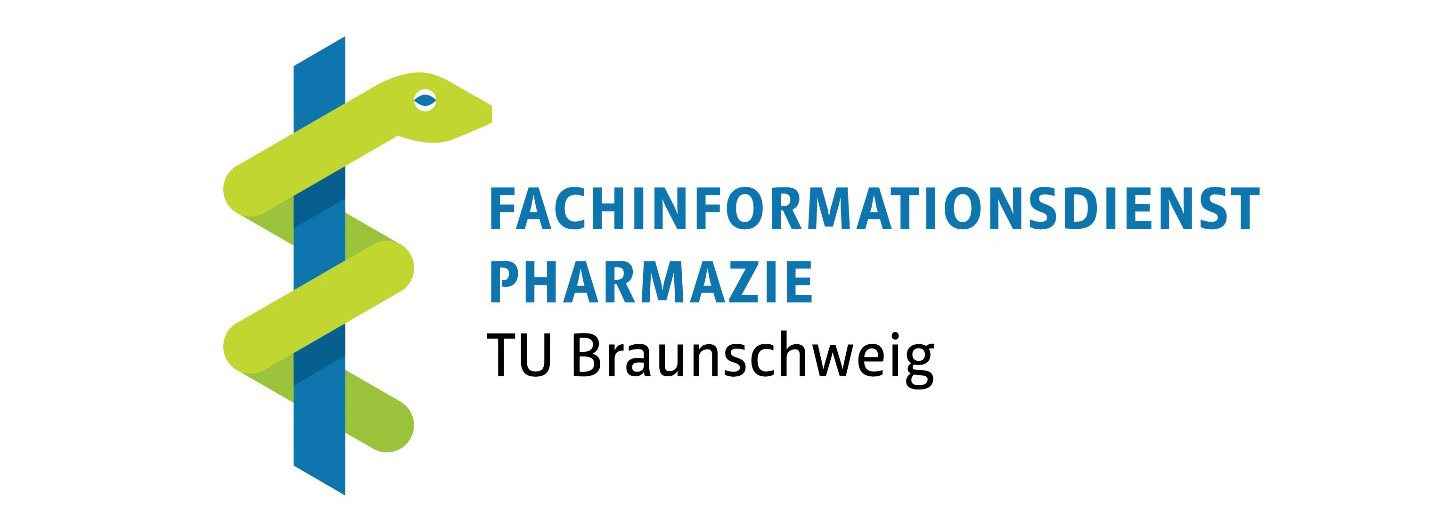Foto: TIB / C. Bierwagen
Quick access to expertise
For research to be excellent, it depends on easy access to scientific information. Digitization can make scientific work much easier in this respect. For this reason, the Deutsche Forschungsgemeinschaft (DFG, German Research Foundation) has been funding the establishment and expansion of a primarily digital high-performance and demand-oriented information infrastructure since 2014 in its “Specialist Information Services for Science” (FID) program. The goal: Scientists should be able to access specialized literature and research-relevant information quickly and directly from anywhere. Part of this infrastructure is the specialized pharmaceutical information service in Braunschweig. It provides comprehensive access to pharmaceutical information resources and supports researchers with tailored services. The project has been running for six years as a successful cooperation between Braunschweig University Library and the L3S, which is represented by Prof. Dr. Wolf-Tilo Balke from the Institute for Information Systems (IfIS) at Braunschweig Technical University. The DFG is now funding the FID Pharmacy with 2.8 million euros in the third project phase. “The reviewers were convinced of the success of the FID Pharmacy so far and have strongly recommended continued funding for the project, which is a great incentive for us for the next three years,” says library director Katrin Stump with pleasure.
As a central service of the FID Pharmacy, the active substance-centered search platform PubPharm has already established itself in the specialist community. It is freely accessible and contains more than 50 million subject-relevant resources from heterogeneous data sources, including journal articles, pre-publications, clinical trial information and patents. In addition to text-based searches, users can also search directly for chemical structures, for which PubPharm also provides further (active ingredient) information. To meet the specific needs of the specialist community, the FID also provides national digital journals. FID services also include open access activities, retro-digitization and long-term archiving, and advice on research data management.
In developing the FID Pharmacy, the project partners have had the users’ requirements in mind from the very beginning. The team involved researchers in the project at an early stage and regularly exchanged ideas with the specialist community. This has resulted in user-centered and sustainable research tools. In addition, the university library and L3S pursue a research-oriented approach that is now firmly part of the “DNA” of FID Pharmacy. For example, a unique feature of PubPharm is a context-based similarity search and semantic faceting for biologically active compounds and diseases based on innovative machine learning technologies. “The complementary connection between the university library and research-based informatics in the enormously committed team of the FID Pharmacy is the reason for the success of the project and has proven to be a model for other specialized information services,” emphasizes Prof. Balke.
In the third funding phase, the partners are now establishing a new overall architecture for PubPharm. All FID services are to be embedded in this architecture in the sense of a single point of entry. In addition, a subject-specific repository will be established, i.e. pharmaceutical publications will be archived on a server and made accessible. A novel search function automatically opens up the contents by means of narrative intelligence. All development activities continue to be focused on active substance centricity as a unique selling point of the FID.
Another focus is the technical and organizational implementation of scalable digital processes that make the metadata of scientific products – clinical studies, fact databases, research data, etc. – accessible and semantically enriched. – validate and semantically enrich them. The team also faces new challenges in the further development of innovative services: For example, it should become possible to predict interactions between active ingredients on the basis of knowledge-providing products such as publications and specialist databases. Furthermore, the plausibility of freshly published research results is planned. And the user experience is to be improved: Users should be able to understand how the results of an AI-based search are arrived at.
Contact

Prof. Dr. Wolf-Tilo Balke
Wolf-Tilo Balke is a member of the L3S Board of Directors and conducts research at the TU Braunschweig in the field of digital libraries.



